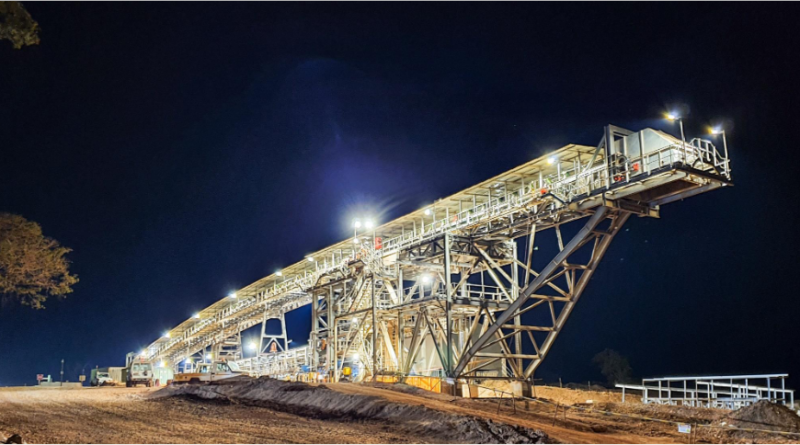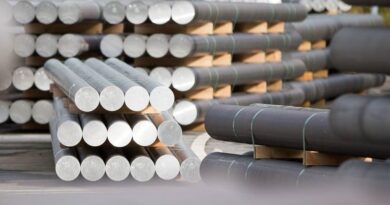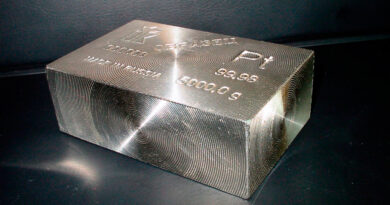Saudi Arabia’s mining strategy involves downstream processing and manufacturing industries
Saudi Arabia’s strategy involves not only mining its mineral reserves, but also developing downstream processing and manufacturing industries. This includes the production of batteries, electric vehicle components, and other high-value products for major markets in US, EU and Japan.
Example under consideration include:
- in 2023, Saudi Arabia bought a 10% stake in Vale’s base metals unit for US$2.5 billion
- in 2024, Glenore announced it was part of a project to build Saudi Arabia’s first copper smelter, with a planned capacity of 400,000 tpy of copper cathode production
- Saudi Arabia has announced plans to develop the world’s largest grid-scale battery energy storage project (to 15.1 GWh) with China’s BYD Energy Storage
- Saudi Arabia plans to develop its steel industry with projects implemented jointly with Turkish and Chinese companies, for example, a new US$5 billion steel plant in Saudi Arabia by Türkiye’s Tosyali
- Vedanta Copper, a subsidiary of India’s Vedanta Limited, will invest US$2 billion in copper-processing facilities in Saudi Arabia
Specialized infrastructure will be required to support large-scale mining operations, particularly in the remote desert regions. Saudi Arabia will need to compete globally for talent, as well as develop a domestic, experienced workforce.
Water scarcity in the desert is a significant issue for any potential mining and processing projects. Arguably, most importantly, the biggest obstacle to developing a meaningful mining and processing industry is oil.
Saudi Arabia’s petroleum sector accounts for approximately: 87% of budget revenues, 42% of GDP and 90% of export earnings.




